Strategic HRM: Challenges of Resume Accuracy in Recruitment Processes
VerifiedAdded on 2020/12/09
|5
|724
|292
Report
AI Summary
This report examines the critical issue of resume accuracy within the context of Strategic Human Resource Management (HRM). It explores the challenges associated with verifying the information provided on resumes, highlighting that resumes are not always verified and can be exaggerated. The report discusses the rise of online recruitment and its impact on the accuracy of resumes, including the increasing use of recorded interviews and cognitive assessments. It also touches upon the time-consuming nature of traditional verification methods and the shift towards assessing candidates' problem-solving abilities. The report references the importance of background checks for safe recruitment, and the use of social media and online platforms in recruitment. The report highlights the impact of technology on the accuracy of resumes and the shift towards alternative recruitment methods focusing on candidates' socio-economic status to promote equal opportunity.
1 out of 5
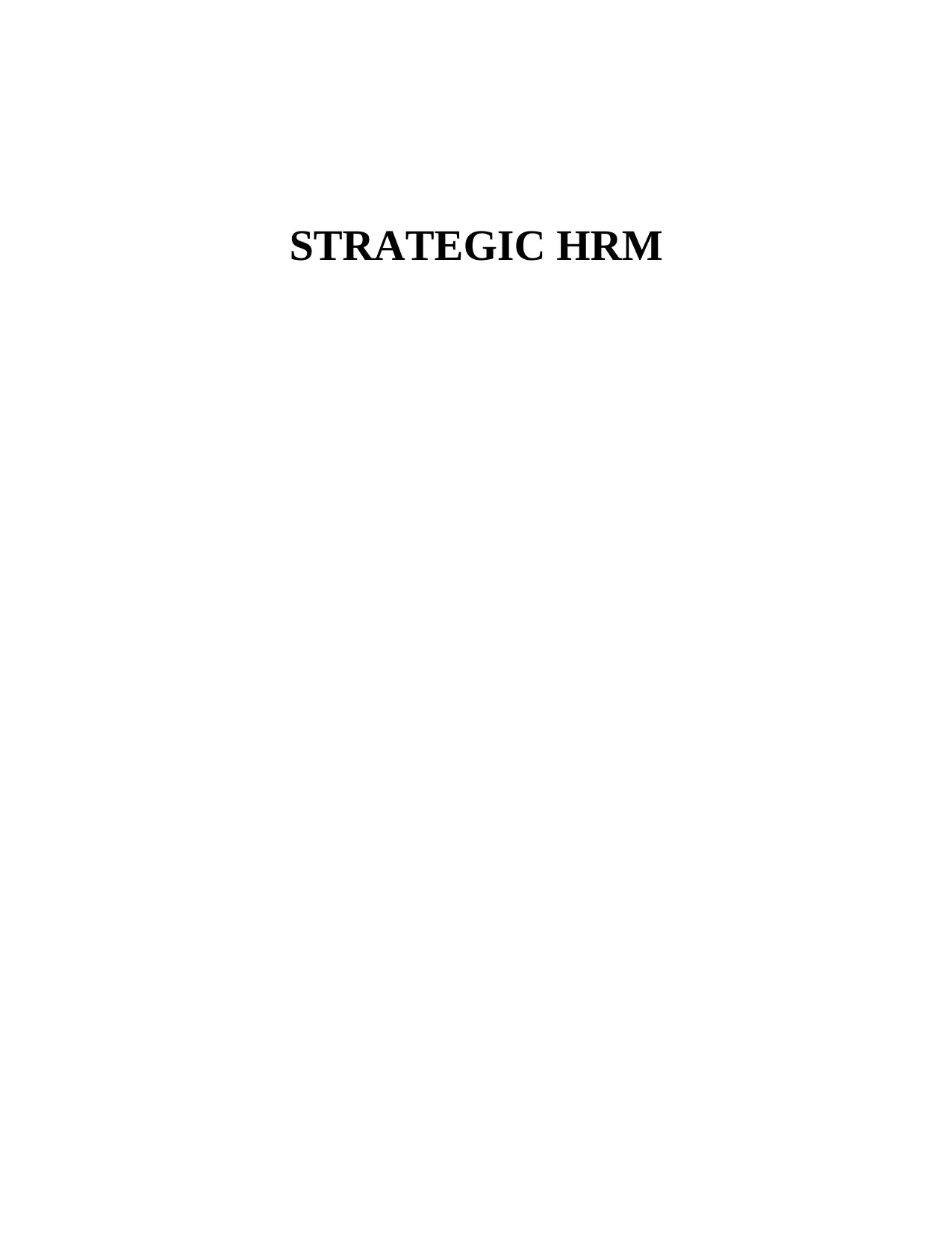
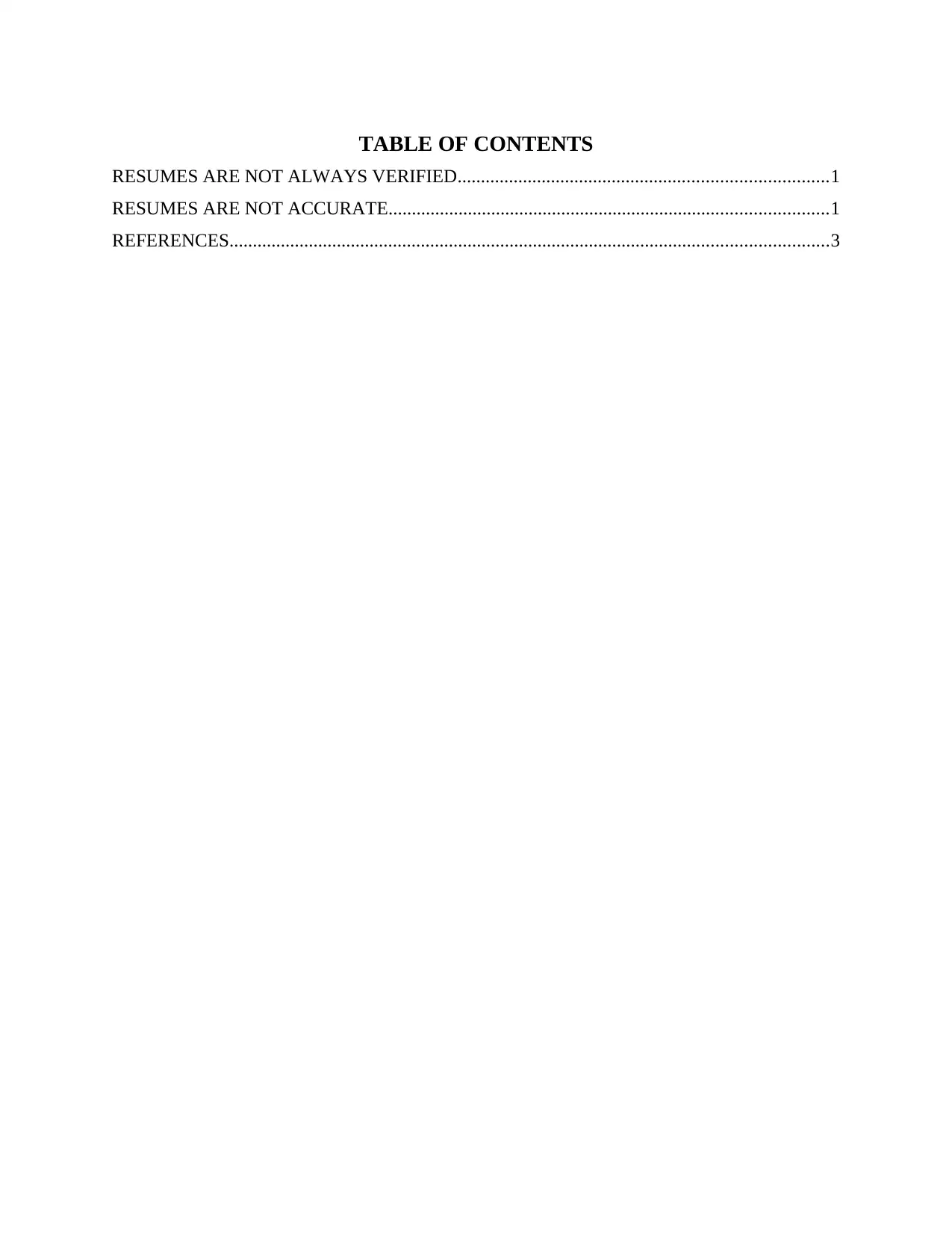
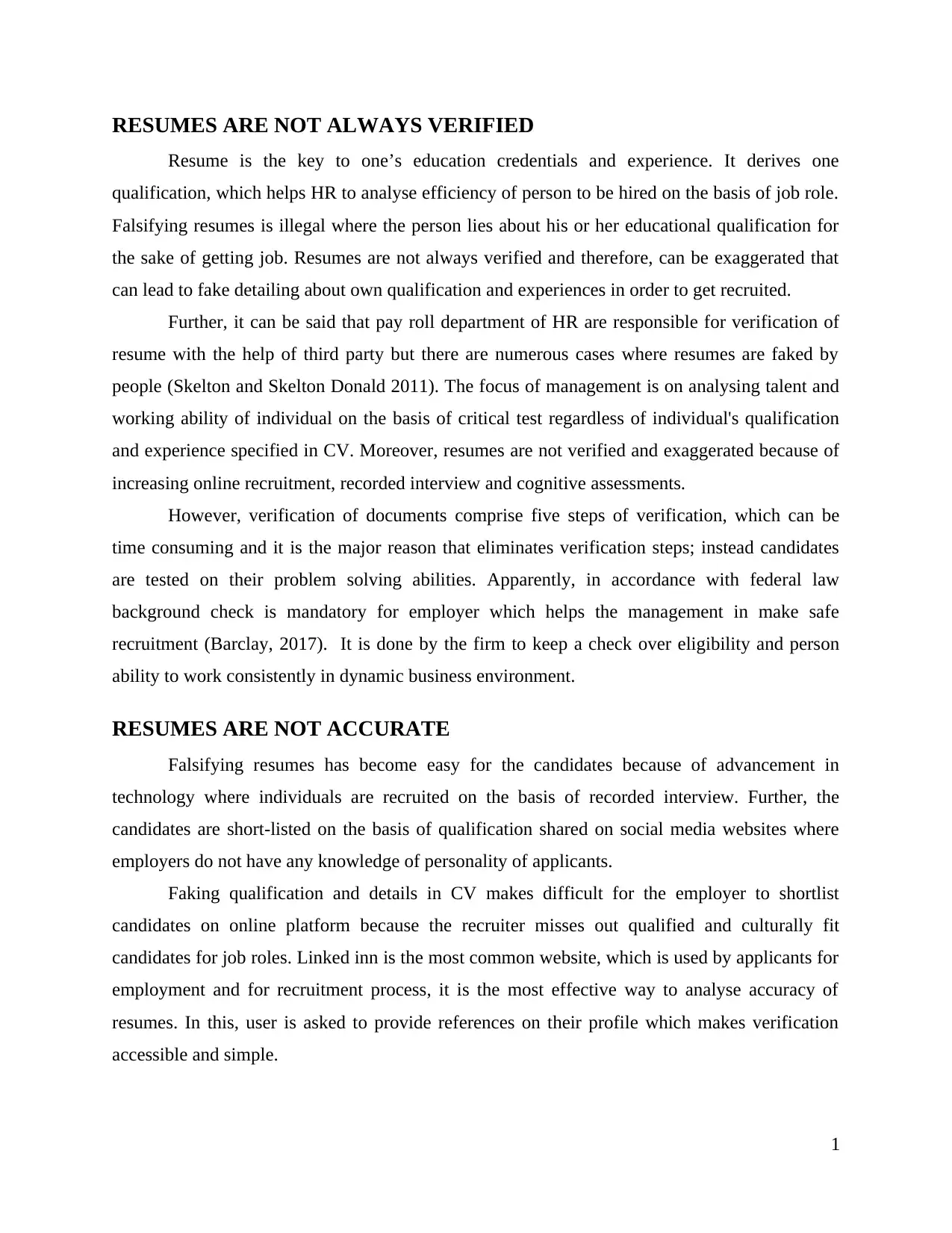

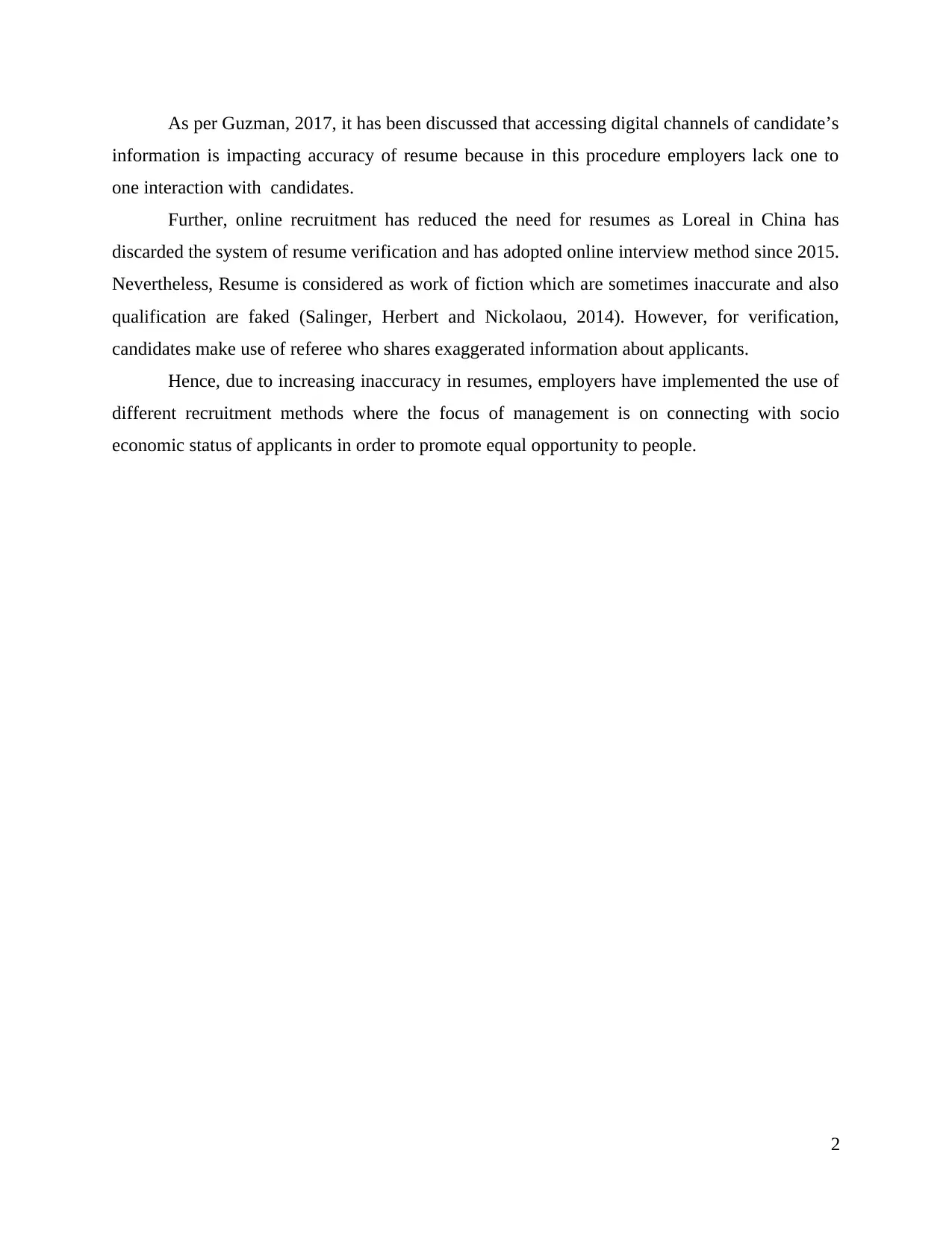
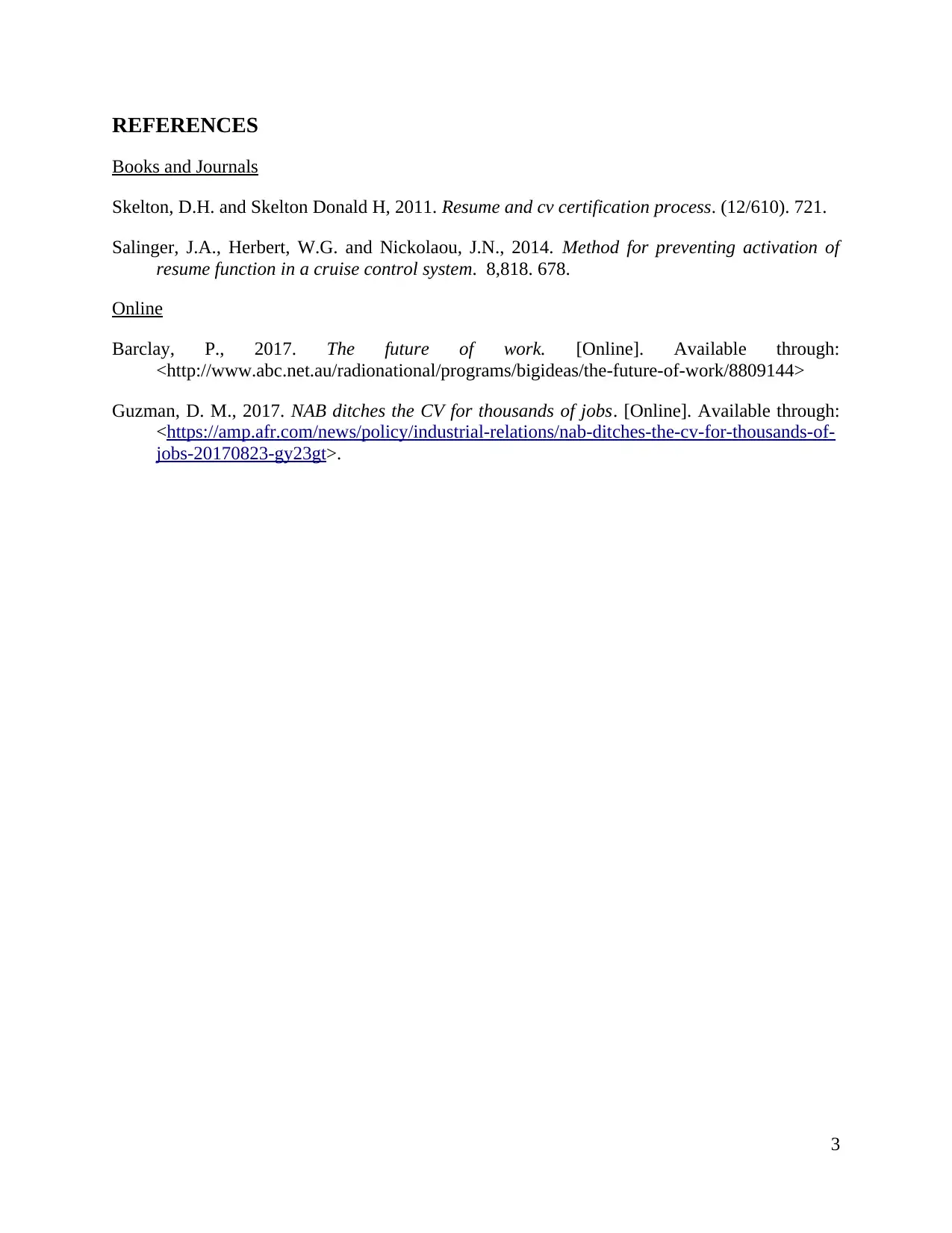





![[object Object]](/_next/static/media/star-bottom.7253800d.svg)